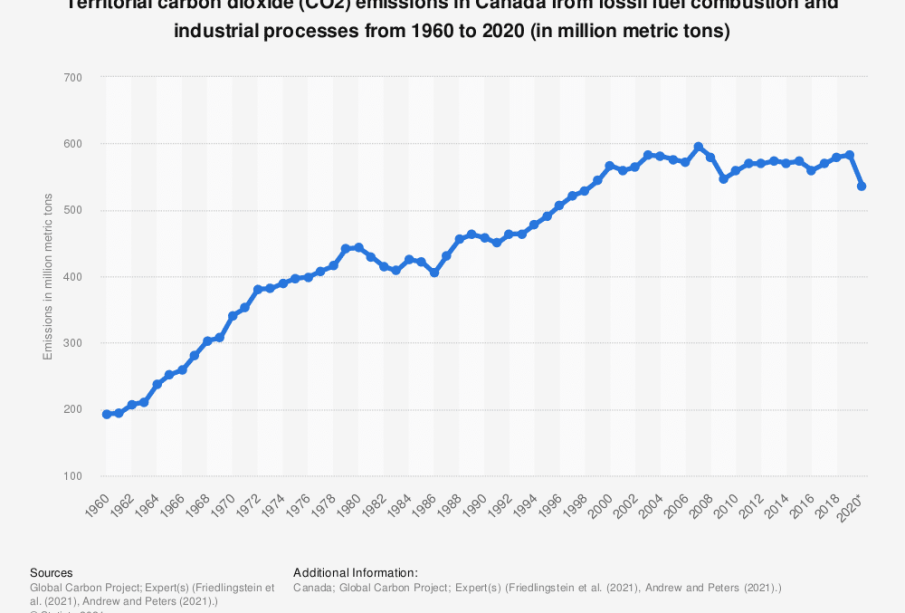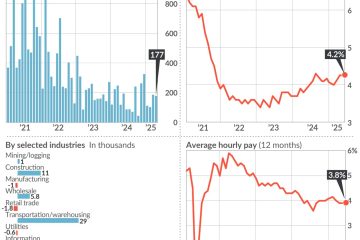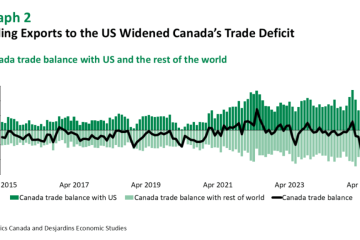Understanding the Impact of Carbon Tax on Gas Prices in Canada

Introduction
The carbon tax in Canada has become a significant topic of discussion as it aims to reduce greenhouse gas emissions and combat climate change. Introduced as part of the federal government’s effort to limit carbon pollution, the tax is designed to incentivize businesses and individuals to reduce their carbon footprints. Its effects on gas prices are of particular relevance to Canadian consumers, as fluctuations in these prices directly impact daily expenses. The ongoing debate around the carbon tax’s effectiveness and its implications for fuel costs makes this a timely issue for citizens across the country.
Current State of Gas Prices in Canada
As of October 2023, the national average for gas prices in Canada has shown a significant rise compared to previous years, reaching approximately $1.50 to $1.70 per liter in major urban centers. Factors influencing these prices include global oil trends, supply chain issues, and recently, the proactive measures to lessen carbon emissions through taxation. According to recent reports by the Canada Energy Regulator, gas prices have risen about 10% since the carbon tax was increased earlier this year.
The Carbon Tax: An Overview
In 2019, Canada implemented a federal carbon pricing framework, which imposed a tax on carbon emissions from fossil fuels. As of April 2023, this tax rose to $65 per ton of carbon emitted, escalating annually to reach $170 per ton by 2030. This tax aims to break the reliance on fossil fuels and encourage a transition towards renewable energy sources. While the environmental intentions are clear, critics argue that it leads to higher prices at the pump, disproportionately affecting low and middle-income households.
Public Reaction and Political Debates
The public’s response to rising gas prices and the carbon tax’s influence has been mixed. Supporters advocate for its long-term environmental benefits, believing that the more consumers pay for fossil fuels, the more they will seek alternatives. Meanwhile, detractors highlight the immediate financial burden, especially for rural and commuting citizens who depend on gasoline. Political leaders are once again sparring over the tax, with some provinces calling for its repeal, while others see it as an essential tool for Canada’s climate strategy.
Conclusion
The carbon tax’s effect on gas prices is a poignant example of the tension between environmental policy and economic reality in Canada. As gas prices continue to fluctuate, the debate surrounding the carbon tax will likely persist. Consumers may need to adapt to the increased fuel costs while the government hopes that the eventual shift to sustainable energy will provide relief and ultimately benefit the environment. For Canadians, it is essential to stay informed about how these policies will evolve and what they mean for their wallets, especially as they prepare for the upcoming winter months when fuel consumption typically rises.







